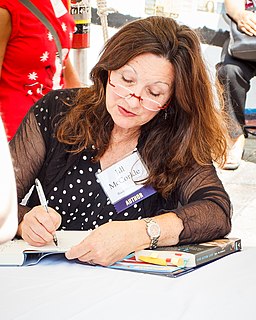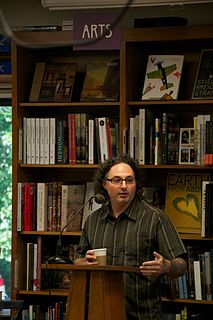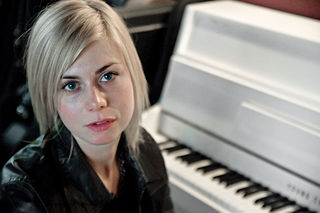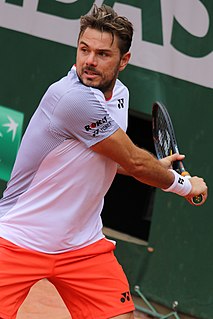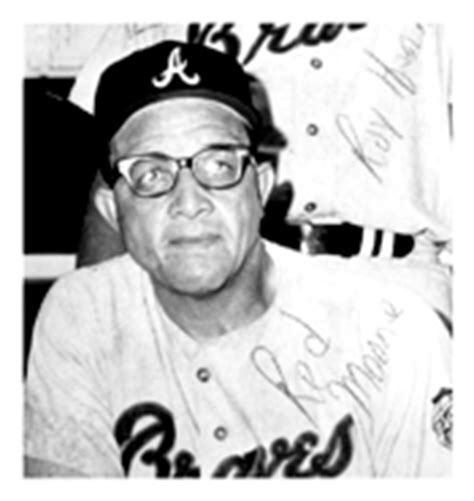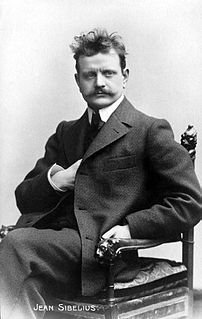A Quote by Jill McCorkle
I feel very protective in the first draft, when all the pieces are coming together. I work in a way that is not linear or chronological at all, even with the short story. I will just be writing bits and pieces, and then when I have all the pieces on the table, that for me is when it feels like the real work begins.
Related Quotes
I work in bits and pieces. When I'm touring it's difficult. After touring, when I have space and time, it's a process, something I've been doing since I was 10 or 11 years old. I collect lyrics, melodies, bits and pieces, and finally it all comes together. It's hard to say - I've been trying to figure out how the process works.
I, and all the complex things around me, exist only because many things were assembled in a very precise way. The 'emergent' properties are not magical. They are really there and eventually they may start re-arranging the environments that generated them. But they don't exist 'in' the bits and pieces that made them; they emerge from the arrangement of those bits and pieces in very precise ways. And that is also true of the emergent entities known as "you" and "me".
I don't know that I make a big distinction between the big pieces and the little pieces, because I don't experience them in that way. I mean, by the same token, you're out touring with a band and then you're writing string quartets, and in a funny way, isn't it all the same, in a way? It's all just music.
For several years I've been writing 100-word pieces. More recently I've been putting them together in groups of two and three. I don't see them as sequences, but rather as companion pieces, the way that diptychs often work. The idea comes originally from the paintings of Michael Venezia who places blocks of painted wood next to each other. Proximity is a godsend. The quote is from Wallace Stevens.
